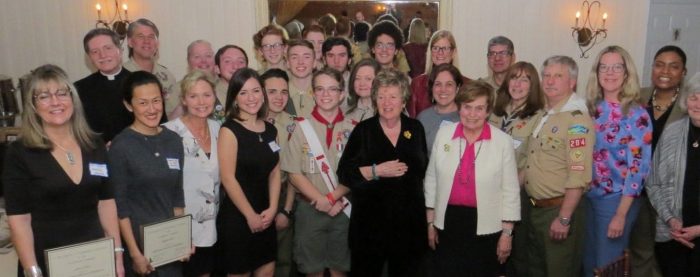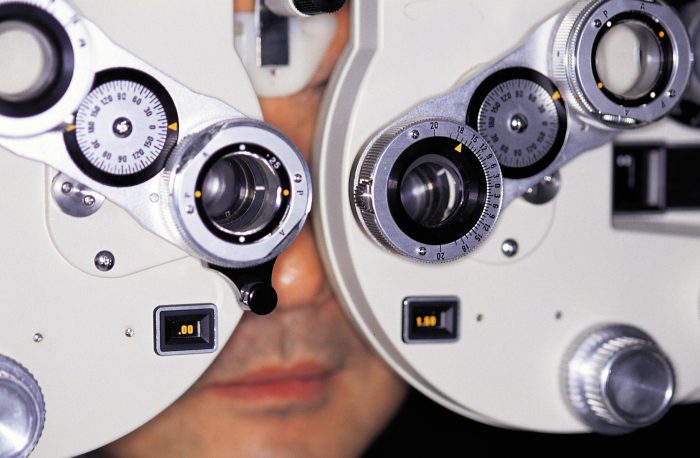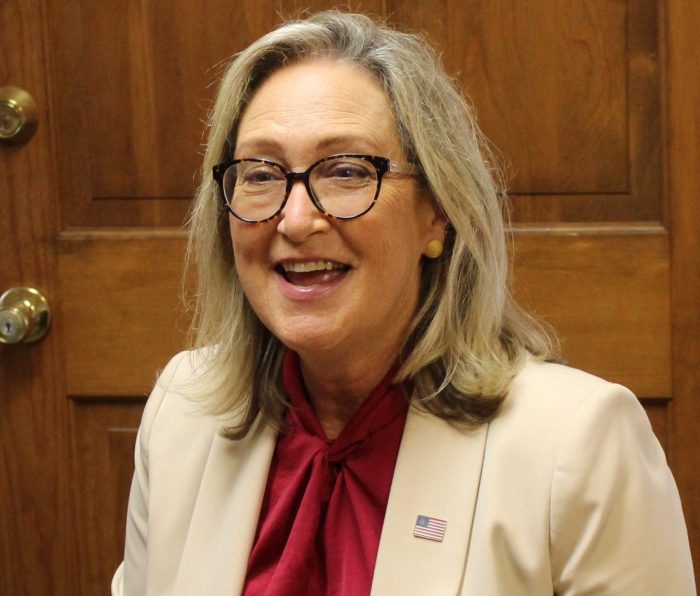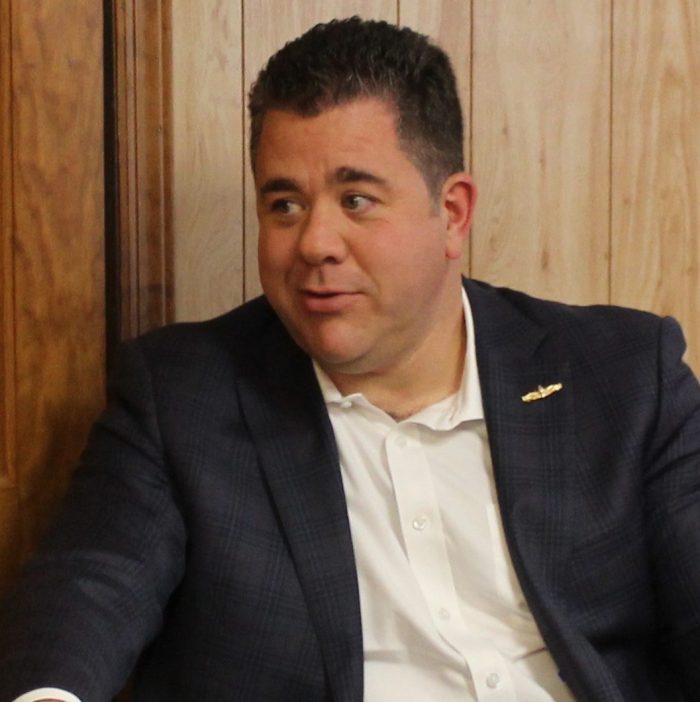The recent ransomware attack against the Suffolk County government has sparked questions regarding our relationship with technology.
We often take for granted the convenience offered by our devices. Today, we can communicate at lightning speed thanks to email and text messaging. A week’s supply of groceries is just a few clicks away. And many can carry out a full day of work without leaving their homes.
The digital revolution has permeated nearly every facet of our lives, finding the quickest, simplest, most convenient solutions to almost all of our daily problems. But are there consequences to our increasingly digital way of life? If the Suffolk County cyberattack has taught us anything, the answer is an emphatic “yes.”
While our county officials work through the ransomware situation, we must take a closer look at our technologies at home. What kind of sensitive records are stored within our smartphones and personal computers? How much could someone with access to these devices learn about us?
While most give very little thought to these matters, we must take a greater interest in our personal cybersecurity. If hackers can infiltrate the county’s network, crippling the government’s entire system for over a month, they can invade your home computer, too.
The digitization of all records is not the answer to our problems. Our social security cards and birth certificates are safer in the filing cabinet than on our computers. If we refrain from uploading these sensitive records to our devices, we deny hackers the chance to use them against us.
To protect oneself against ransomware, the Cybersecurity & Infrastructure Security Agency, an operational component of the U.S. Department of Homeland Security, recommends installing antivirus software, firewalls and email filters. CISA also advises upgrading all applications and operating systems, as outdated programs are frequent targets for ransomware.
Users can defend themselves, too, by verifying email senders and cautiously approaching all email attachments. One should only use a single card for all online purchases to prevent access to multiple financial accounts. Most importantly, people should stay current on cybercrime trends to remain ahead of the curve.
Remember that hackers cannot access records we do not upload. With caution and common sense, we can better protect ourselves from the growing threat of ransomware and other malicious activities online.
















